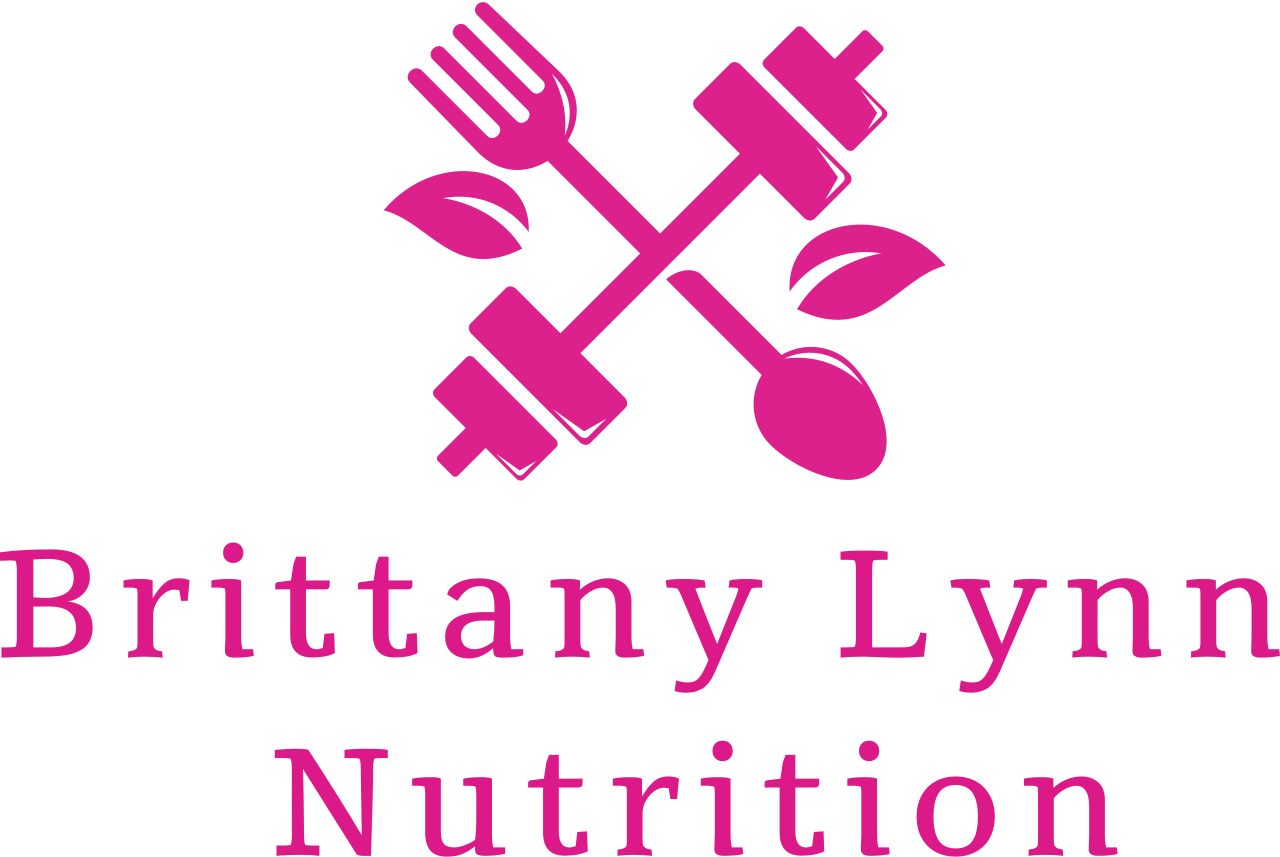Nutrition And Hormones
Now it’s time to talk about one of the hottest topics in health and wellness right now. This is a conversation so dense it warrants 2 blog posts, but let’s start with a focus on the most common hormones I get asked about as a registered dietitian nutritionist.
Backing up for a second, hormones at their base are the body’s chemical messengers. Genetics, lifestyle factors, and yes nutrition all play a role in hormonal production, metabolism and signaling. Some of the most common hormones you might hear about include cortisol, insulin, estrogen, testosterone, and thyroxine. Let’s start with three of these today: cortisol, estrogen, and testosterone. I will touch upon what exactly these hormones are responsible for within our body and how you can optimize your nutrition to ensure balance within these hormones.
Cortisol:
Cortisol is the hormone produced by our body in response to stress. This hormone is what makes it possible for us to survive in fight-or-flight situations. However when cortisol is dysregulated, it can lead to several issues such as weight gain, mood disorders, and weakened immunity.
Nutrition Tips For Optimization:
Focus on foods high in magnesium due to magnesium playing a role in regulating cortisol levels and promoting relaxation. Foods high in magnesium include nuts, seeds, leafy greens, and dark chocolate.
Incorporate foods rich in antioxidants to reduce oxidative stress which can affect cortisol levels. The best sources of antioxidants are fresh fruit and vegetables.
Limit too much caffeine and excessive refined carbonates intake. These can both increase cortisol spikes and throw off your adrenal glands which produce cortisol.
NON-FOOD RELATED TIP: Prioritize the exploration of coping mechanisms to find what methods of destressing work best for you. For some it is journaling while for others it is getting to the gym. Chronic stress levels can lead to ongoing elevated cortisol levels so it is best to address this head-on.
Estrogen:
Estrogen is a hormone that is integral to the female reproductive system for menstruation and fertility. However it also plays an important role in our bodies despite gender. Dysregulation of estrogen can lead to changes in mood, bone density, and even cardiovascular health. Estrogen can also be influenced by plant compounds with estrogen-like effects known as phytoestrogens.
Nutrition Tips For Optimization:
Add foods high naturally in phytoestrogens to support estrogen regulation. Foods rich in phytoestrogens include flaxseeds, chickpeas, lentils, and soybeans.
Incorporating cruciferous veggies promotes estrogen metabolism. Cruciferous veggies include kale, broccoli, and Brussels sprouts.
Limit exposure to xenoestrogens which can interrupt estrogen signaling. Xenoestrogens can be found in hormone-treated meats, plastics, and pesticides.
IMPORTANT NOTE: It is a popular myth that consuming high-estrogen containing foods can increase your risk of breast cancer. This has not only been proven false, but research actually has shown that adequate intake of phytoestrogen-rich foods can play a preventive role in breast cancer. The importance is ensuring you are avoiding supplements, foods, and beverages with unnaturally occurring estrogen additives.
Testosterone:
Testosterone is a hormone that is integral to the male reproductive system. However, similar to estrogen, it also plays an important role in our bodies despite gender. Testosterone affects bone density, libido, muscle mass, and vitality overall.
Nutrition Tips For Optimization:
Incorporate foods rich in zinc which plays an important role in testosterone production. Zinc-rich foods include beef, pumpkin seeds, lentils, and oysters.
Focus on consuming foods high in vitamin D to support testosterone balance. Foods rich in vitamin D include fatty fish, egg yolks, and fortified dairy products.
Prioritize healthy, unsaturated fats in your eating patterns which function as the building blocks for testosterone. Healthy fats include olive oil, nuts, seeds, fatty fish, and avocado.
IMPORTANT NOTE: Testosterone thought to be delivered with anabolic steroids does not offer the same benefits of the naturally occurring hormone. Anabolic steroids are just synthetically produced variants of testosterone and can result in a lot of adverse effects with usage such as cancer or sterility.
The relationship between nutrition and hormones is a complex one, but I hope this blog offers a glimpse into how we hold the power to regulate our hormones on a daily basis. It stems from mindful choices when it comes to eating among other lifestyle modifications. If you are interested in learning more about those lifestyle modifications, let me know and I can make that the focus of a future blog. Stay tuned for my next blog post focusing on other common hormones and how they can be optimized from a nutrition standpoint.
